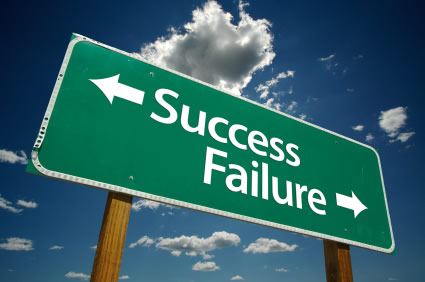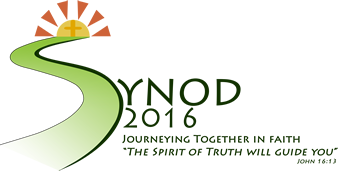Avoiding Pitfalls
As on any journey, we need to be aware of possible pitfalls that could hamper our progress during this time of synodality. I want to name some of them.

The first is the temptation of focussing only on structures. I think it is helpful if we consider the Synod in terms of the whole Diocese going on a time of mission or spiritual retreat together. Conversion and renewal are at the heart of what we are about. A Synod cannot be reduced simply to tweaking or varnishing some structures. In other words, it’s not just about changing mass times, working out how to administer parishes with less priests, strategizing for financial challenges we might have, developing pathways for promoting vocations. It will involve some of this but it’s much more about our Diocese needing to discern the main evangelising priorities for the coming years and then how to go about achieving our goals.
A second major pitfall would be to focus just on ourselves and our immediate concerns - our diocese, our parish, our half-parish, our specialised ministry. In recent years the development of clusters and now pastoral areas, has shown us how we are stronger together. A Synod should be an opportunity to open up, look around us, see things from other points of view, move out in missionary outreach to what Pope Francis calls “the peripheries” that we find in our lives and society. We will need to think long-term. And this also means broadening our perspectives to the measure of the whole Church. It’s one thing to describe the Church in its already existing structures that we know of locally in our own parish or particular ministry. But we need to open ourselves to God’s view of the Church and ask: what’s God’s plan for the Church? Then we can go on to ask: what God’s plan for the Church here in our area, in our context? After all, the Gospel is about transforming our world with the love that comes from God. And every baptised person has this universal mission. Indeed, as Pope Francis puts it, everyone “is” a mission.

It is also important not to think of the Church only in its specifically religious or liturgical aspects. When he was in Limerick, Saint John Paul underlined the lay vocation. In expressing the Gospel in our lives, lay women and men act as a leave in the world in which we live and work:
The great forces which shape the world—politics, the mass media, science, technology, culture, education, industry and work—are precisely the areas where lay people are especially competent to exercise their mission. If these forces are guided by people who are true disciples of Christ, and who are, at the same time, fully competent in the relevant secular knowledge and skill, then indeed will the world be transformed from within by Christ's redeeming power.
A Synod will be a time to dialogue with people from the worlds of employment and economics, politics and culture, the arts and sport, the media and social initiatives. It will be a time to reflect on ecology and peace, life issues and migrancy. Let’s keep the bigger picture in view.
A third pitfall we need to avoid is a lack of focus in formulating the final outcomes of the Synod. As we proceed along the journey of the Synod itself, we need to be careful that, while our discussions might be wide-ranging, the Synod itself needs to keep a focus so that its conclusions will be realistic and do-able. We need to be ambitious in asking our heavenly Father to send us many graces from heaven in this period. Yet the Synod isn’t about imagining a utopia (a “wish list”) that cannot be achieved. It will be important for us to gather up the fruits of what we have discerned from the Spirit and know how best to plan for the coming ten years. I am under no illusion that our Synod is going to resolve all our problems, answer all our questions or cover every issue. What will be important, however, is our ability to implement the directions that open up for us at the Synod.
